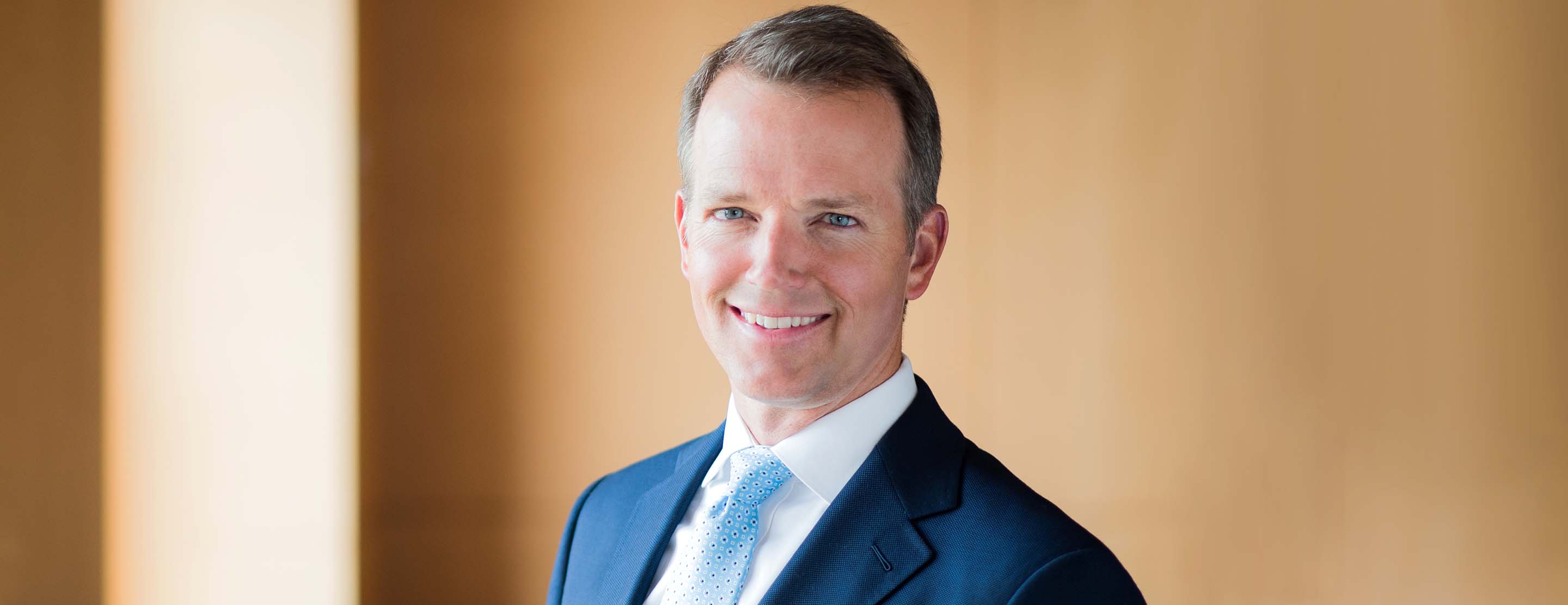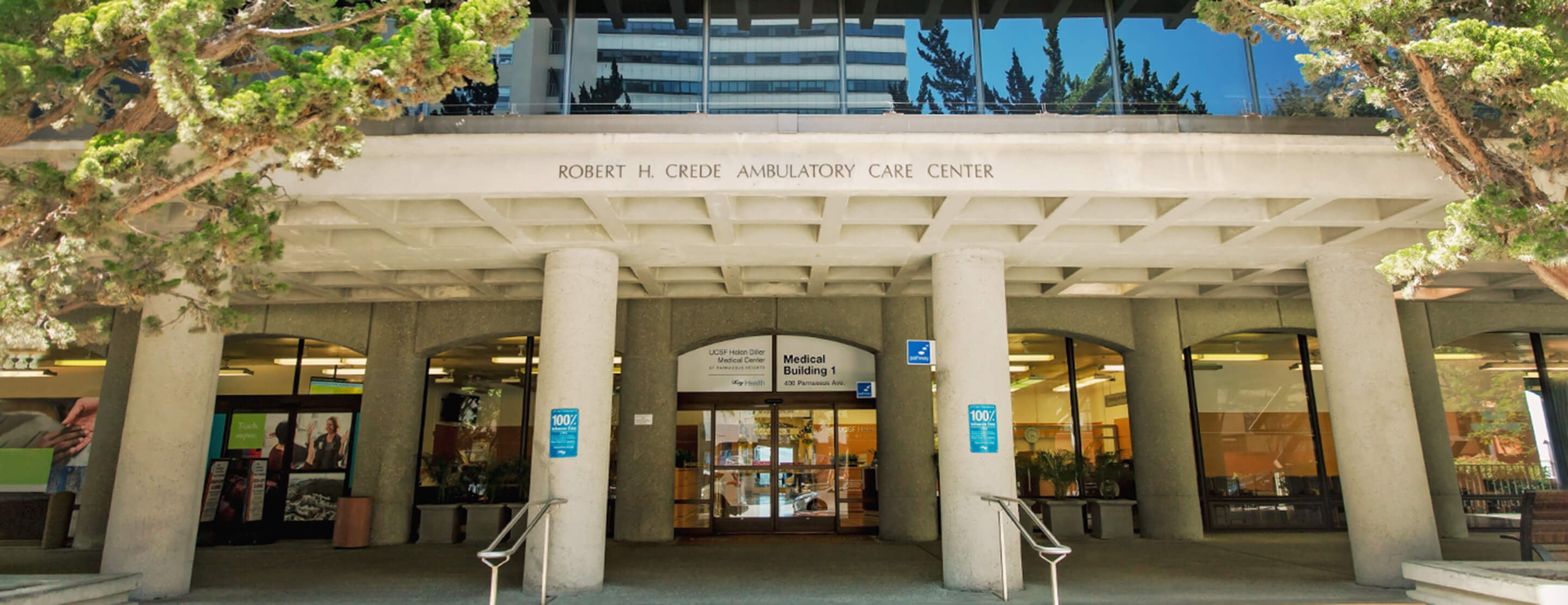Dr. Steven Hays is a pulmonologist and the medical director of the UCSF Lung Transplant Program. The program is one of the most successful in the nation in terms of overall patient survival rates. Below, Hays talks about the program's success, his hopes for the field and the best part of his job.

Doctor Q&A: Steven Hays
What's the secret to the program's success?
The strength of our team. We work very well together and every person is experienced and dedicated. The surgeons and pulmonologists are frequently in the limelight but it's the strength of everyone behind the scenes — the nurse coordinators, pharmacists, physical therapists, dietitians and social workers — that makes UCSF's program top-notch.
We also recognize that paying attention to the whole patient makes the biggest difference. For instance, in patients with connective tissue disease, like scleroderma, the lungs as well as the skin, joints and digestive tract are affected. We've developed protocols to help these patients manage the disease in the other organs, so it doesn't have a detrimental effect on the success of the transplant.
Our multi-faceted approach doesn't end at discharge. When people get lung transplants at UCSF, they become our patients for life. After their transplant, patients come back regularly for appointments with nutritionists, nurse coordinators, physicians and pharmacists and, of course, for a rigorous annual check-up. We've spent the past 10 years refining our follow-up protocol and it has had a huge impact on our patients' long-term success.
The UCSF Lung Transplant Program is known for accepting patients with complex cases who've been rejected by other centers. Why take such a risk?
We don't shy away from complex cases. Pushing the boundaries is how we develop our expertise. We figure out what works for patients who come to us with complex issues and we report our outcomes to the broader community in hopes that others may benefit. Over time, that's how transplant medicine improves and transforms.
What about UCSF's internal culture makes this possible?
UCSF creates a very collaborative culture. We have fantastic providers who have mutual respect and trust for one another. Because we work well together, we can put our egos aside to agree on what's best for patients. At the end of the day, everyone is invested in the patients and the program.
We also have incredible collaborators from specialties such as pathology, infectious diseases, cardiology, hematology, critical care and gastrointestinal surgery, to name a few, who have really helped us develop our protocols and provide state-of-the-art care for our patients.
What's on the horizon in terms of transplant care?
Increasingly we are taking a holistic approach to transplant care. We've seen how diet and exercise — both before and after surgery — can help our patients thrive. Without a doubt, lung transplant surgery is hard on the body. So we are creating specialized nutritional and exercise programs for our patients in hopes of helping them live longer, fuller lives.
What are the biggest challenges in lung transplantation today?
The biggest challenge continues to be chronic rejection of the lungs. Up to 50 percent of recipients see signs of rejection at the three-year mark and we don't really understand why.
Lungs are rejected more often than other organs, like kidneys or hearts. We think environmental factors are at play since the lungs are the only solid organ transplant that is continuously exposed to the outside world. That exposure makes the lungs susceptible to infections and other pathogens.
If we could understand what causes the body to reject lung transplants, that would be the Holy Grail. Meanwhile, our understanding of what makes for long-term success is getting better all the time and the past decade has seen improvements in survival rates.
In the realm of lung transplant, what achievement do you hope to see in your lifetime?
While I'm a firm believer in the benefit and utility of transplant, the ability to cure some of the underlying diseases that require lung transplant is something I think is feasible in my lifetime.
Secondly, for those patients who do need a transplant, I hope we'll have a better understanding of the complex relationship between the immune system and the new organ.
What do you enjoy most about your job?
The best part of my job is seeing my patients navigate a very scary time in their lives and come out the other side. By the time they reach the point of transplant, most of our patients are grappling with issues of death and dying. Being able to walk people back from that precipice is an amazing feeling.
I get to make a huge impact on someone's life and then keep long-term relationships with them and their families. It doesn't get much better than that.







